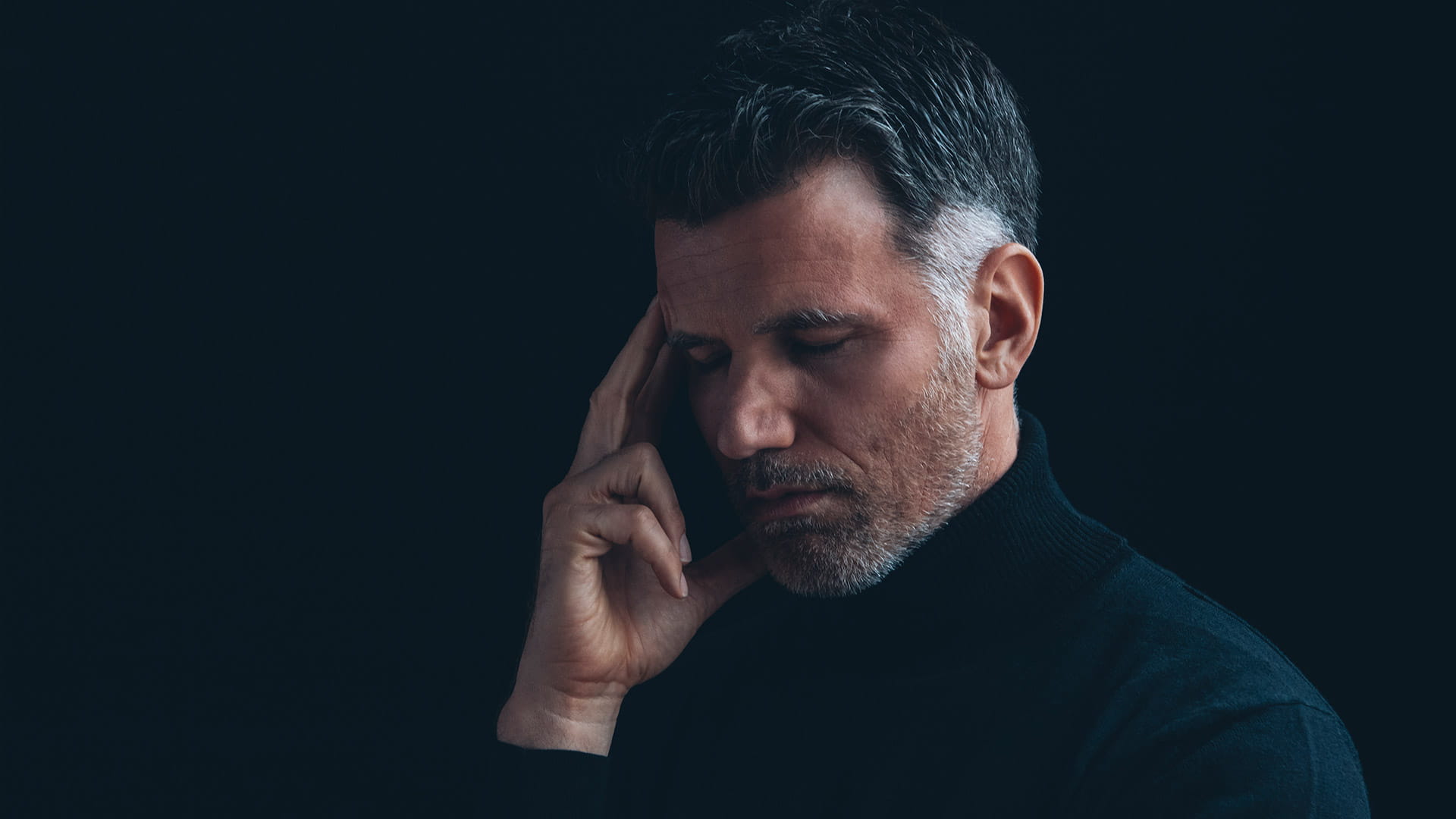Tinnitus
Tinnitus can manifest as buzzing, ringing, hissing, or even a sound resembling radio static. These sounds are only perceived by you, as they do not originate from external sources but are produced inside the head. Their duration can be prolonged or intermittent, and they can be felt in one or both ears. Most often, they occur during moments of relaxation, typically in the evening or in quiet moments, giving the impression that they are even more intense. Research shows that 15% to 20% of the adult population suffers from tinnitus, with some experiencing it to a milder degree occasionally and others to a more severe degree, almost daily.
What causes tinnitus?
- Hearing loss: Most people who have tinnitus also have some kind of hearing loss.
- Loud Noise: Exposure to loud noise can cause permanent hearing loss and tinnitus. Prolonged exposure can worsen tinnitus and hearing loss.
- Medicines: More than 200 drugs, including aspirin, can cause tinnitus. If you have tinnitus and you take medicine, ask your doctor or pharmacist whether your medicine could be involved.
- Other potential causes: Allergies, tumors, problems in the heart and blood vessels, jaws, and neck can cause tinnitus.
How does tinnitus affect your daily life?

Tinnitus if it occurs too often or is too intense can negatively affect your daily life. Very often people who have tinnitus also experience a lack of concentration, lack of energy or feel tired. Scientific studies have shown that tinnitus is often associated with mood disorders, usually the person is irritable, nervous, irritable, irritable, or aggressive. In addition, many people also experience disturbances during sleep. Tinnitus sufferers are also likely to have a negative attitude towards life, become isolated or even depressed.
What should you do if you have tinnitus?
Visit a clinical audiologist for a hearing evaluation, during which a medical history and hearing test will be taken If further tests are needed, then the audiologist will refer you to an otolaryngologist or other specialists.
What can help people with tinnitus?
Nowadays, there are several ways of alternative treatment and relief from the buzzing, which can significantly improve the quality of life of the individual:
- Hearing aids:
Studies show that 90% of people who suffer from buzzing also have some degree of hearing loss. The hearing aids provide you with the dual benefit of restoring and improving hearing while providing tinnitus relief through sound masking.
- Maskers:
Tinnitus maskers are small electronic devices that look like hearing aids and are tuned to generate sound that masks or covers up the tinnitus. Like hearing aids, they may provide relief but will not enhance hearing and may interfere with understanding speech. Many types of devices, such as fans, radios, and sound generators, can be used as tinnitus maskers to help tinnitus sufferers fall asleep or get back to sleep.
- Medical or pharmaceutical treatment:
Some people who suffer from tinnitus also suffer from anxiety, stress, depression, or other negative emotions, so medical/pharmaceutical treatment and some nutritional supplements can improve the situation.
- Counseling support / relaxation:
Counseling support from a psychologist or another specialist can provide relief for the person suffering from tinnitus. Also, learning how to relax is very helpful if the noise in your ears frustrates you. Stress makes tinnitus seem worse. By relaxing, you have a chance to rest and better deal with the sound.
Do you suffer from buzzing too?
Then the next step is to contact DR GEORGE Hearing Centers for a FREE evaluation and Consultation Appointment. Then the next step is to contact DR GEORGE Hearing Centers for a FREE evaluation and Consultation Appointment.









